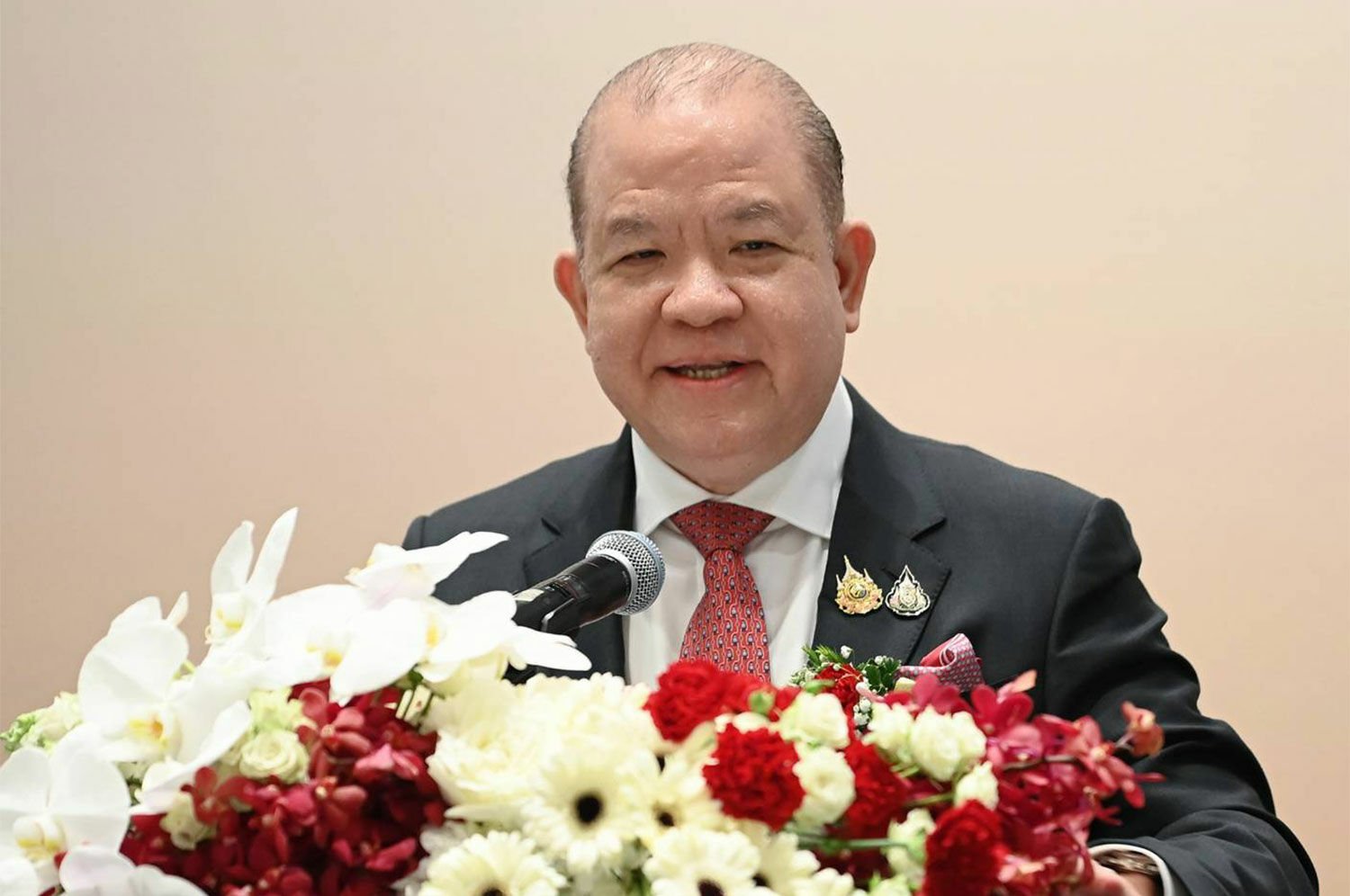Japan urged to boost Thai investments, focus on semiconductors

Commerce Minister Pichai Naripthaphan called on Japanese businesses to boost their investments in Thailand, particularly in the semiconductor and high-tech sectors. This appeal comes as the Thai government aims to recover from a significant drop in Japanese investments following the 2014 coup.
Investment from Japan plummeted by up to 90% after the coup and has yet to return to previous levels, Pichai said yesterday. Despite this, the Board of Investment figures indicate that Japanese projects approved in the first seven months of this year have led the table, amounting to 40.2 billion baht (US$1.2 billion), Pichai stated at an event marking the 70th anniversary of the Bangkok office of the Japanese External Trade Organisation (Jetro).
“We hope Japan will increase its investments in Thailand. I would like to request that you Japanese take another look at Thailand as a manufacturing location, based on our sincere intentions. We’ll put in a lot of effort to help you. The Board of Investment also has incentives to support you.”
The government is keen to promote the semiconductor industry, which has seen a significant influx of international printed circuit board (PCB) companies establishing bases in Thailand. Last year, these investments totalled approximately 150 billion baht (US$4.6 billion), with major contributions from firms in China, Taiwan, Japan, and Hong Kong, Pichai said.
“We would like Thailand to serve as the production base for semiconductors and PCBs. Thailand will also welcome Japanese companies to grow or relocate their production bases from China.”
In addition to semiconductors, the Thai government is pushing for increased foreign investment in the high-tech sector. This shift is expected to elevate the standard of skilled labour and result in higher wages for workers.
Thai investments
Furthermore, the government is focusing on the electric vehicle (EV) sector, aiming to position Thailand as the hub for right-hand drive EV production. Pichai highlighted the global shift towards clean, green energy, underscoring the importance of this trend for Thailand.
“The world needs clean, green energy. The trend is preparing for this, which is quite significant for Thailand as it gives us a chance to catch up with the opportunity. Electric vehicles are the way of the future; combustion vehicles are losing ground.”
When questioned about Japan’s stance on EVs and its preference for hybrid cars, Pichai acknowledged the different perspectives but emphasised the broader shift towards cleaner energy.
“Japan may still believe in hybrids more than EVs. It depends on their school of thought.”
He also remarked on China’s dominance in the EV market, with over 400 EV brands, though only about 100 are expected to survive. Nonetheless, China is poised to remain the world’s primary supplier of EVs, driving market growth, reported Bangkok Post.
“Today, China has more than 400 EV brands, and only about 100 will survive. Yet China will continue to be the world’s primary supplier of EVs, which will fuel market growth.”
Latest Thailand News
Follow The Thaiger on Google News:


























